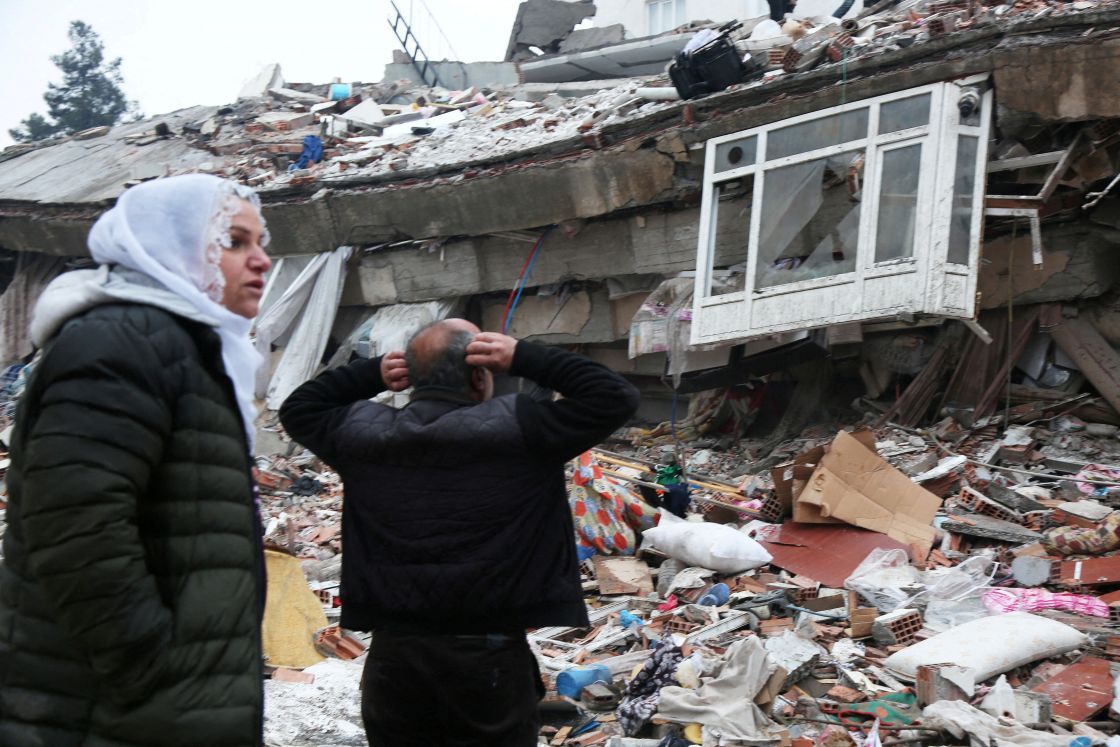- Articles
- Posted
A Syrian-Turkish Settlement to Break the Sanctions
For the Syrian public, inside and outside Syria, the humanitarian aspect related to the earthquake disaster and the deep pain it left behind, as well as to their crisis that erupted 12 years ago, is always the most valued and important aspect, at least in its emotional and national side. For the political sides, especially the extremists, as well as for the external powers, especially the Western ones, the humanitarian aspect is the least important, and it is just a tool to pass policies.
With the earthquake, the issue of Western sanctions – US ones in particular – resurfaced, including the February 9 US decision and then another by the UK on what they called “easing sanctions in response to the earthquake disaster”. In reality, they displayed an intention to selectively ease sanctions that will not serve Syrians as much as they will serve certain sides, mainly the extremists and the big corruption figures. At least this is what appeared clearly over the past week.
A few days after the US Treasury decision, the issue of the border crossings with Turkey and how to deal with it arose. Then, the “humane positions” of Syrian political forces emerged, where they insisted on failing to mention the issue of sanctions. All of this needs to be comprehended at the political level, not just the humanitarian.
Interpreting Washington’s behavior as having humane motives is a baseless absurdity. Even interpreting Washington’s behavior as avoiding an embarrassment is also baseless. Washington has not to date been embarrassed by the killing of millions, with various tools, all over the world.
It should be recalled that for the US, the issue of sanctions, imposing them, easing or tightening them, is practically linked to what Washington called “changing the regime’s behavior” and what the UN Special Envoy to Syria, Geir Pedersen, called “step for step”. Both those represent two different names for the same thing, which is the US’s pursuit to prolong and deepen the Syrian crisis, and particularly to work against the Astana track by fixating the state of de facto partition.
The main file on the table before the earthquake was that of the Syrian-Turkish settlement, which, if it achieved, would completely break the economic blockade on Syria and render Western sanctions useless and practically worthless. Moreover, it would it opens the door to an actual implementation of the political solution through UNSC Resolution 2254. Thus, it is completely understandable that the Westerners and extremists from the Syrian sides have rushed to exploit the earthquake catastrophe in order to pass under its guise that they will take additional steps against the Astana track, and towards “step for step”.
The demand to lift the sanctions is a rightful one and should continue, but it should in no way create any illusions, particularly two basic ones: 1) lifting/easing the sanctions, if it happens, will lead to a solution to the crisis or to a real improvement in the conditions of the Syrians; and 2) Washington can lift the sanctions under pressure and without political gain.
The golden rule of “it is easier to anger a colonizer than to please it” is still quite true, and it is even truer about sanctions than ever before. As Syrians, we must start from the fact that the sanctions and blockade will not be lifted, but that they should be broken. This has become possible in a practical sense through our relationship as Syrians with the Astana countries and, through them, with China, India, and all rising countries.
This is the only way to deal with humanitarian crises and with the deep political foundations that lead to exacerbating and prolonging them. That is, through a comprehensive political solution based on UNSC Resolution 2254 and based on Astana, China, and a Syrian-Turkish settlement that has become more urgent after the earthquake than before it, and certainly not through under-the-table deals with the West, which will not be satisfied with Syria unless it is destroyed in a way that it cannot rise again.



 Political Editor
Political Editor